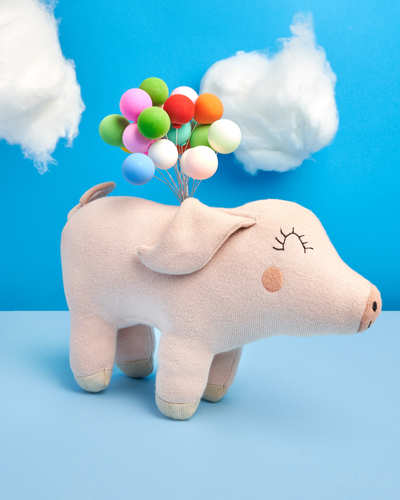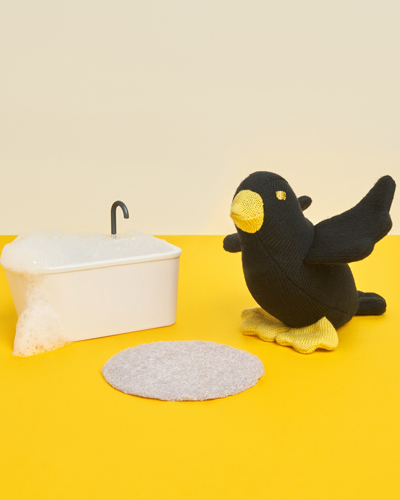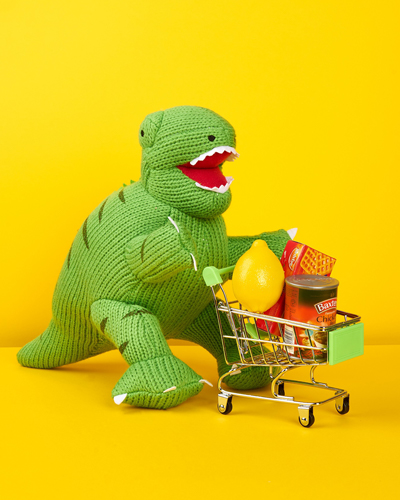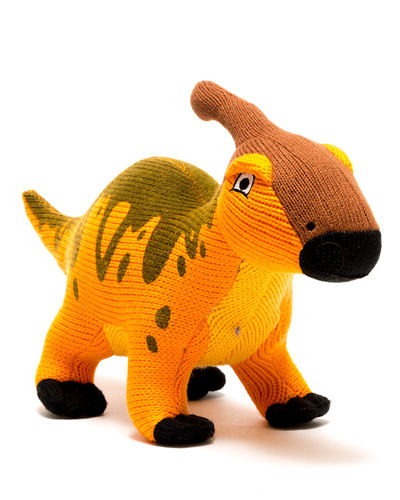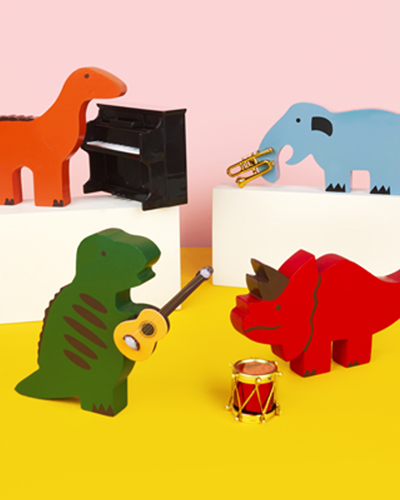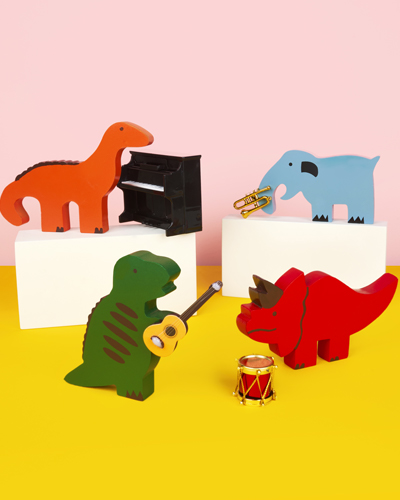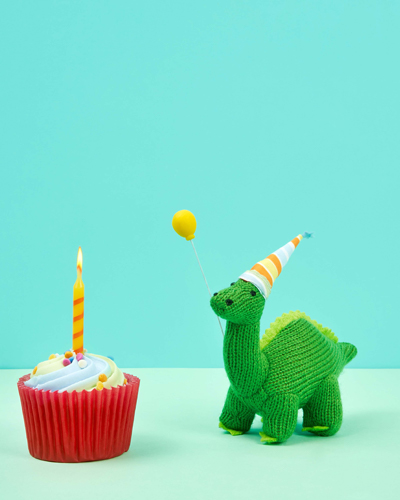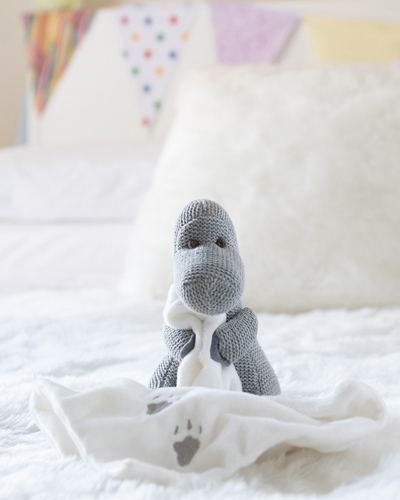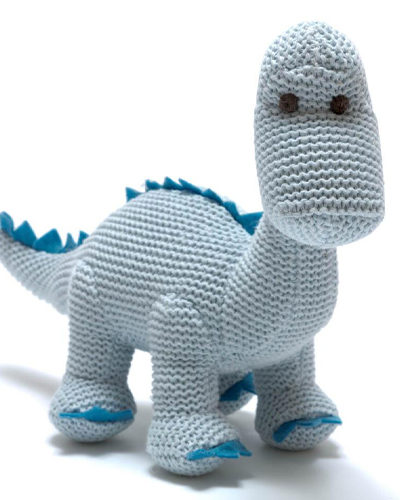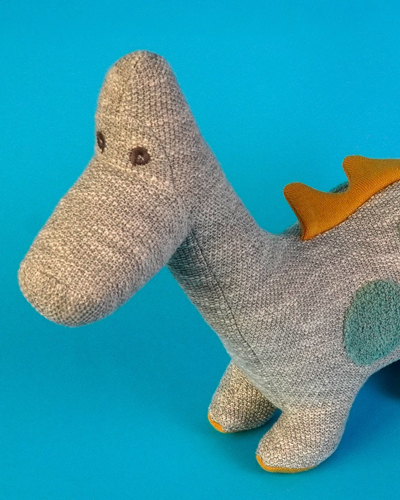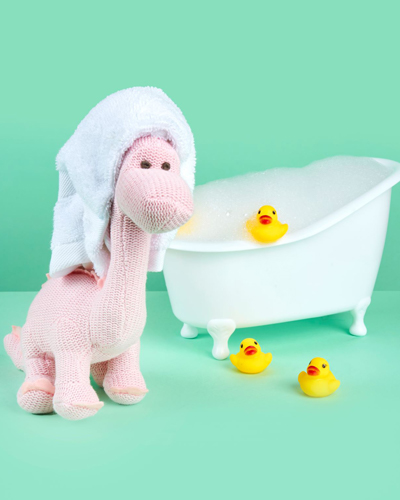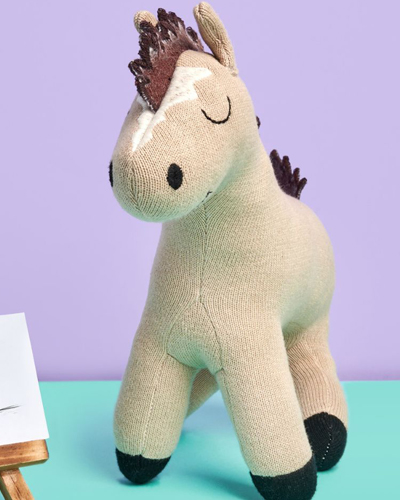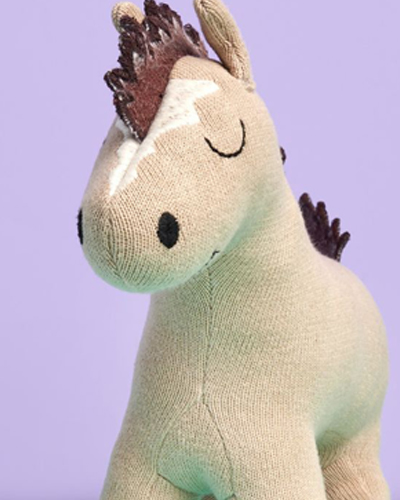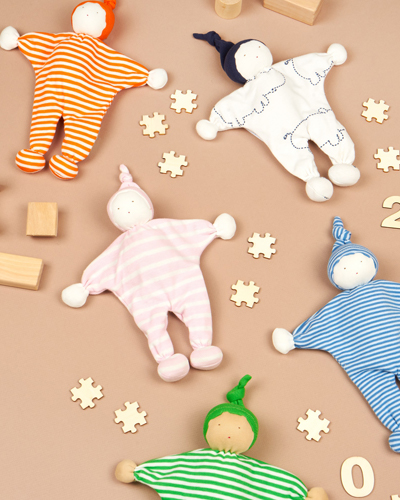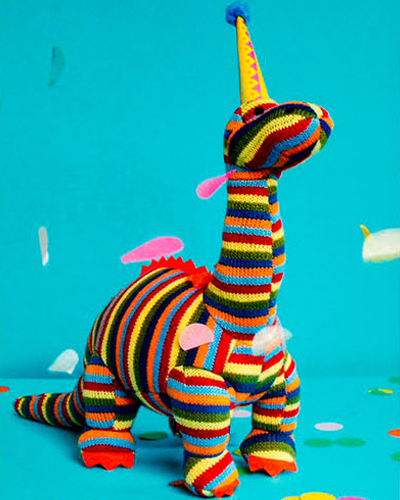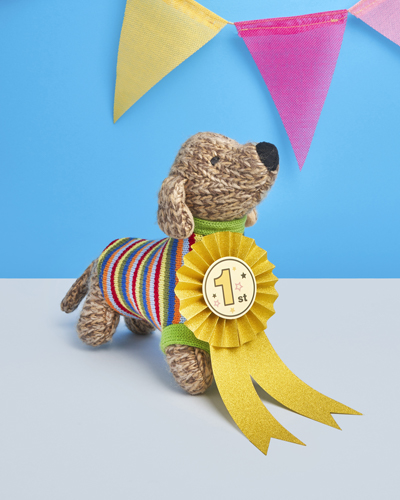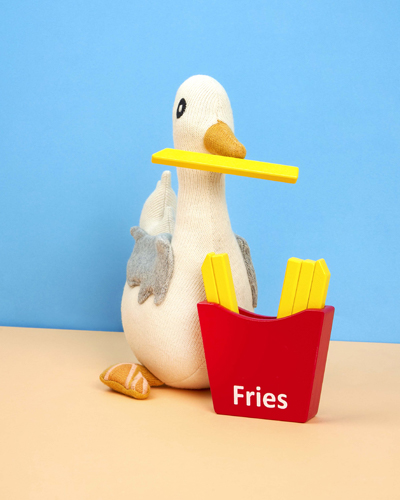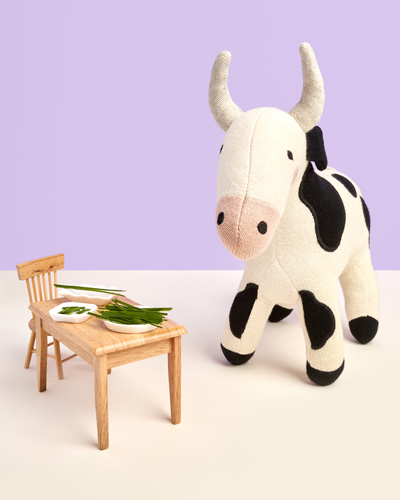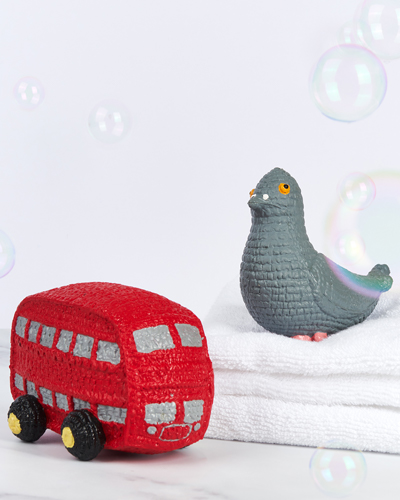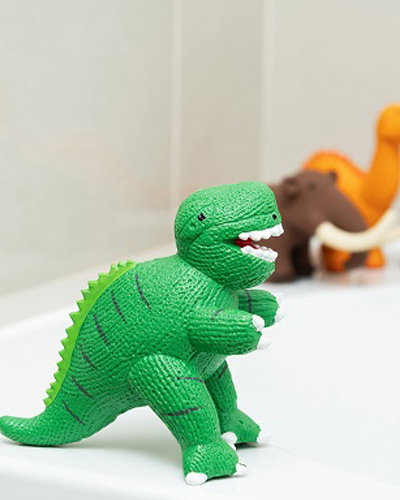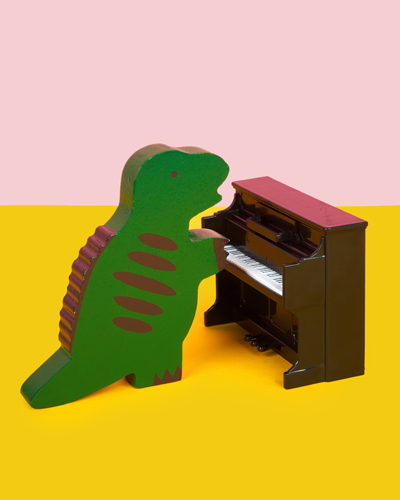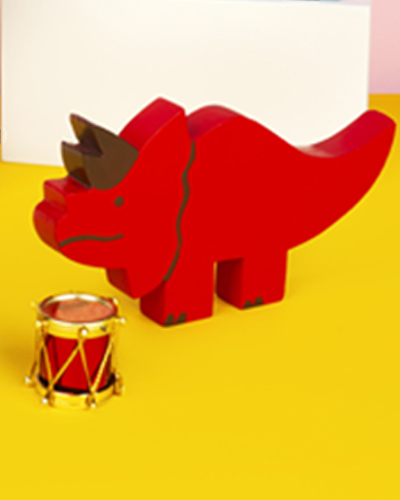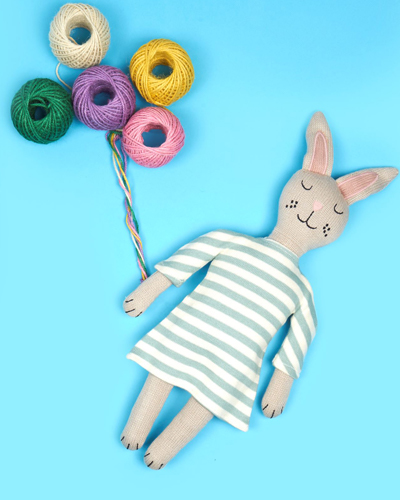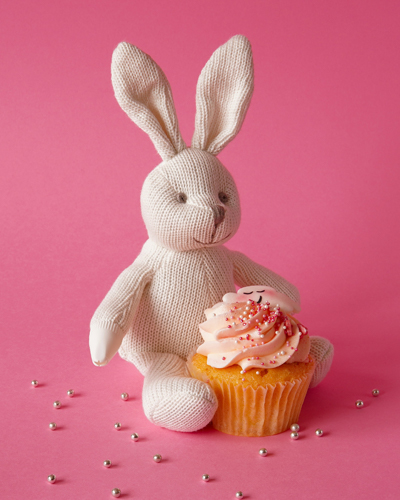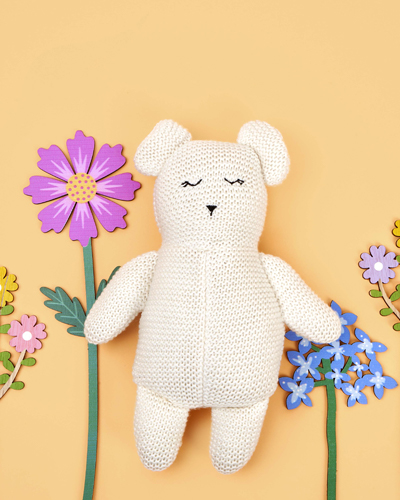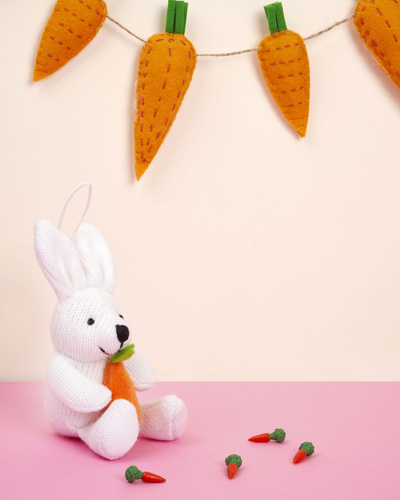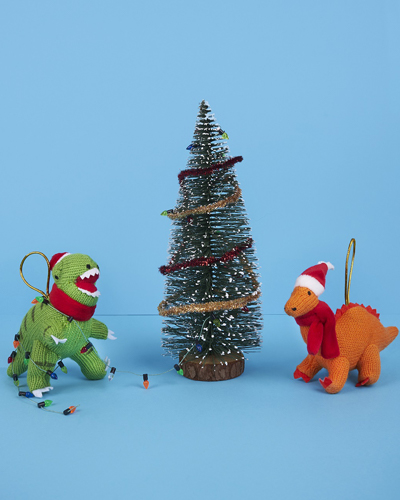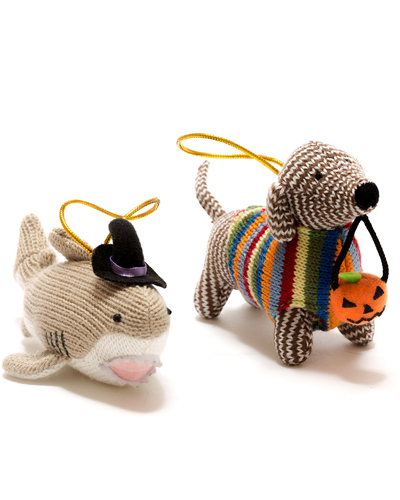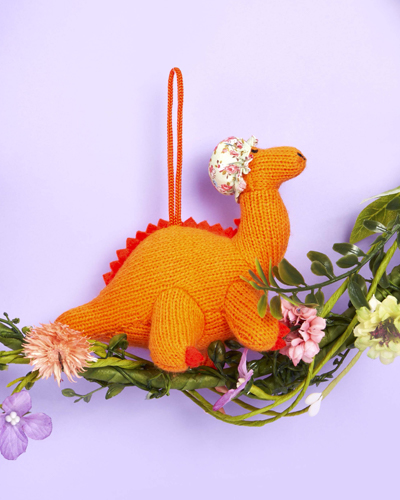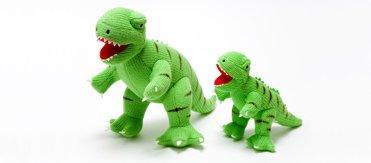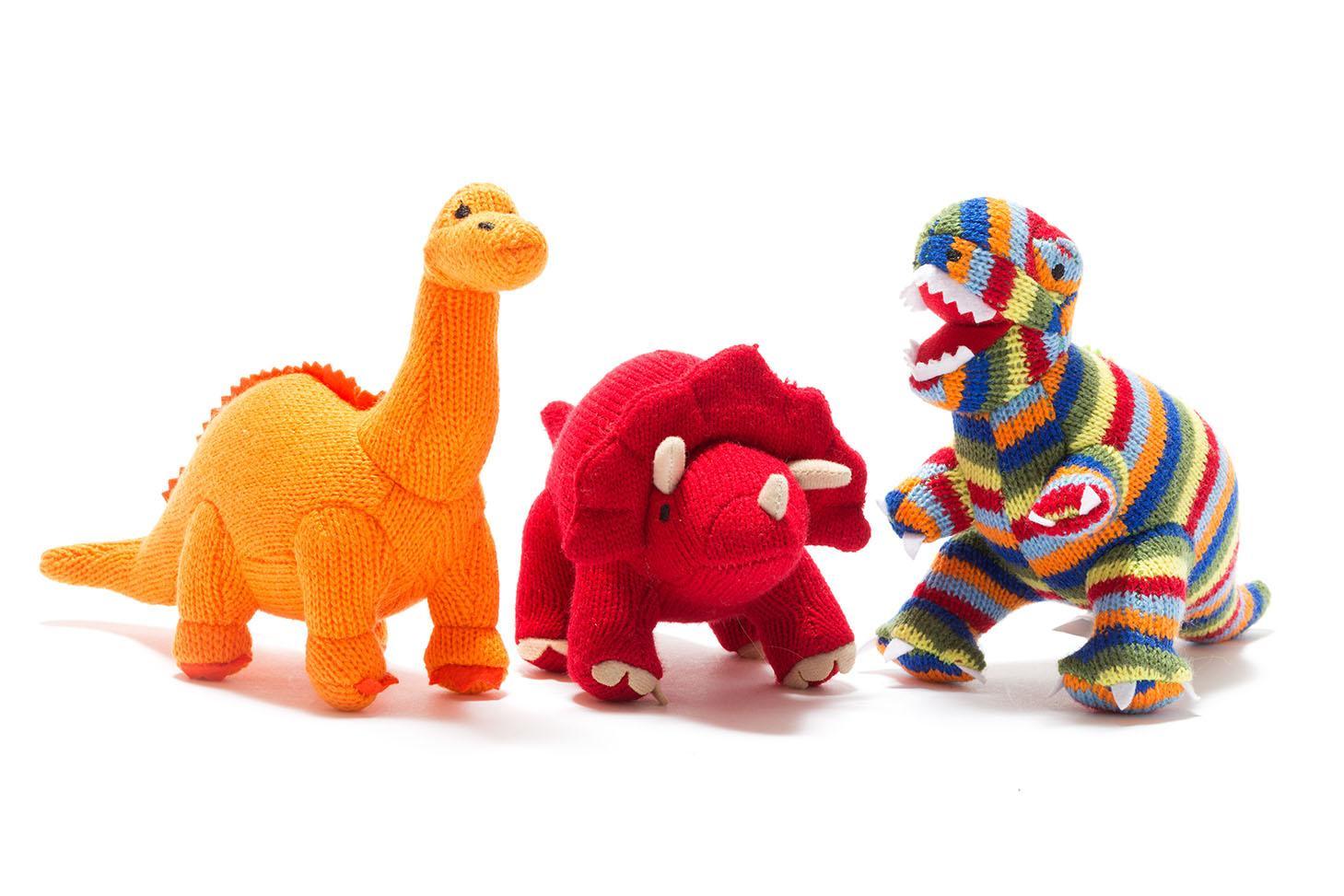You have no items in your shopping cart.
One of the things which many people ask us is if their soft toy will be made ethically.
This could be that they were attracted to us in the first place because of our emphasis on ethical manufacturing, but it is also increasingly important to brand owners that they are not tainted by any association with sweatshop manufacturing.
Large companies have the comfort of meetings and committees to distance themselves from unethical policies, somehow they are able to believe that it is not their responsibility when their search for cheaper and cheaper prices leads to human tragedy.
For SME things are more personal. Many of us have started our own companies either because we had an idea for a product, or a shop or we had a skill we wanted to use. We are the company and/or brand and our ethics are a core asset.
We cannot insist that all our partners, suppliers and contractors share our ideas and beliefs but we can make sure that we are not associated with anything which we specifically view as wrong.
So when you decide to have your logo/mascot made up as a soft toy how can you be sure that your potential partner is manufacturing in an ethical manner?
As per usual price is a good place to start. In manufacturing, as with many things, you definitely get what you pay for so if the price is cheap you need to ask yourself why.
As a rule of thumb approx 30% of the total cost of the toy is due to manufacturing costs. The bulk of the rest of the cost is accounted for by material cost, transport and testing, and then smaller incidentals such as taxes, duty and government paperwork.
So if you are being quoted £1 for a toy ask yourself whether you think that it would be feasible for your toy to be made safely and ethically for 30p? This is particularly true if there is a lot of detail on your toy. Its counter intuitive but the larger toys are cheaper to make. The work is easier with less fiddly bits to slow the machinists down. There's a reason why Fairgrounds offer large soft toys as their prizes - its what known in the trade as a Mugs Eyeful, very large but no detail and very cheap fabric.
Another good question to ask is how long the supplier has been working with their factory? Only the very largest UK companies own their factories, most partner with specific manufacturing plants. If your emphasis is on cost then you are more likely to continually shop around for new factories because there is nobody who is keener on price than someone who thinks they may get a good new customer.
We have been working with our factory for 10 years now, and while many people may think we are naive not to have a string of factories to make our dinosaurs we are happy to stay with a partner whose quality has been sustained through out our relationship.
Some people have asked us whether it is ethical to be working with Chinese factories at all. There is no doubt that the Chinese Government have different views to ours when it comes to freedom of speech and other civil rights. Shanghai is one of the few cities we visit in China where we can access social media as Facebook is routinely blocked. There is also the issue of capital punishment. No one knows how many people are executed in China but it is likely to be many, many more than the USA.
However I would not like to look too closely at the Bangladesh or Egyptian governments either but the fairtrade toys we source from these countries make a significant difference to thousands of lives. We would not help anyone if we stopped buying Pebble toys as a protest at the Bangladesh government and this is similarly true of China.
Of course we believe that there are factories in China that do not conform to approved standards, but they are mostly located in the more remote areas where it is difficult to monitor them, and where the workforce have to live in rather than commute to their work daily. Again, if you partner with someone for years and are able to visit the factory then you can be reasonably certain than workers are treated in a way that we can all approve of.
We know that some customers would like their toys to be made by one of our fairtrade partners but this is not usually possible. Training someone to crochet a toy takes time, and this is time when they are not earning as much as they can when they are adept at a pattern. It is only fair that this training is kept to a minimum so unless you can guarantee a constant volume of toys across a 2 year period it would not be advantageous for the fairtrade cooperatives to take on own brand business.
Another way to check the ethical credentials of manufacturers are industry organisations credentials. We are a member of BAFTS (British Association of Fairtrade Shops) but there is also Equitoy who are very knowledgeable about toy manufacturing and are unlikely to have a member who does not reach certain standards. None of these people can guarantee that your partner is ethical but is more likely that they are fair if they are a member of an industry recognised organisation.
But the best way to find out if your potential partner is ethical is simply to ask them! Those of us who feel strongly that manufacturing jobs could and should be fairly paid and free from any abuse tend to be passionate about these things. If someone points you to a paragraph on their website which was last updated in 2008 it is likely that this is their attempt at green wash. If they bend your ear for 20 minutes then its probable that they are committed to ethical manufacturing!


